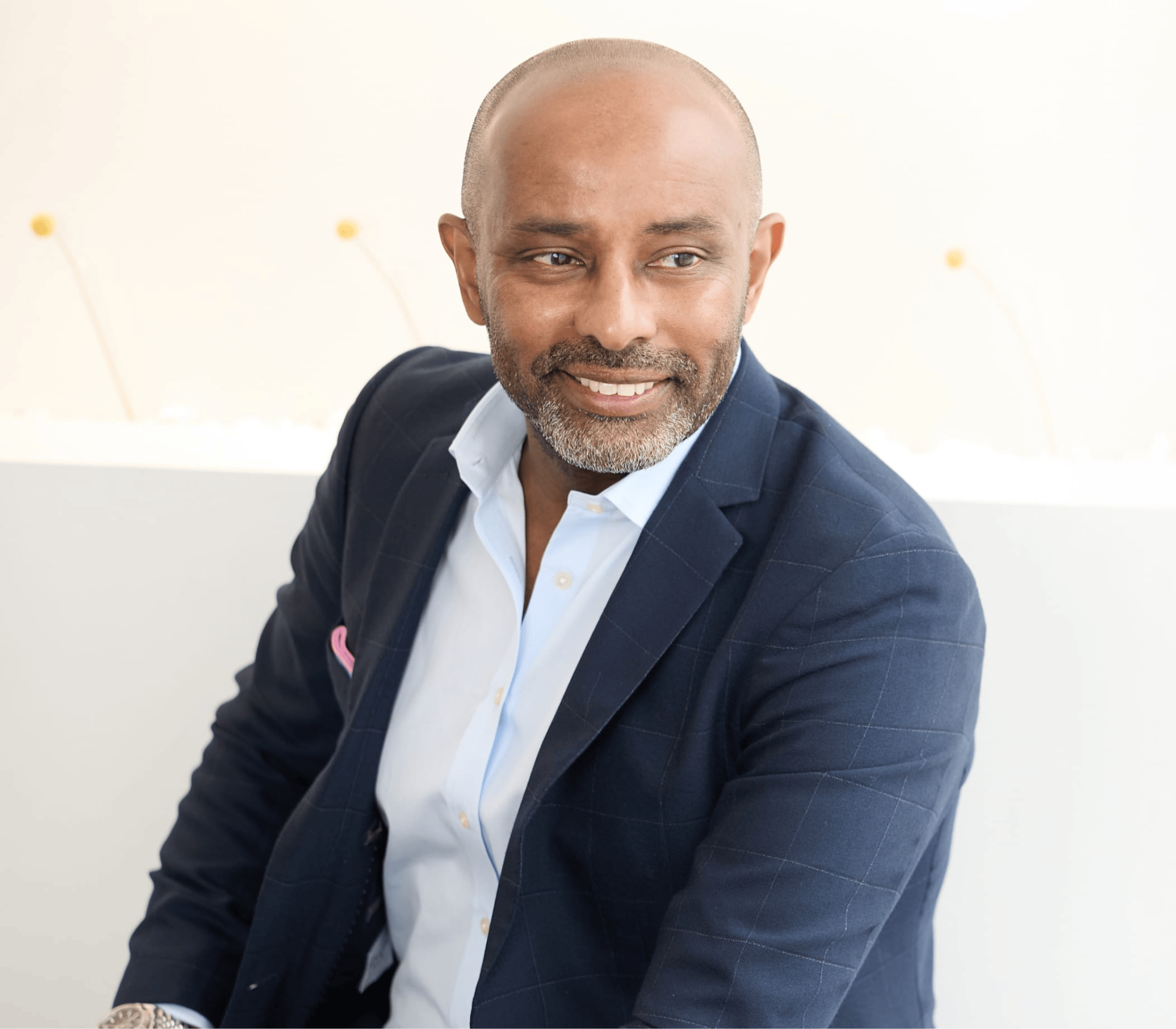Recovering from cleft lip or palate surgery in Houston is gradual, requiring patience, attentive care, and support to ensure optimal healing. Patients typically experience some swelling and tenderness in the surgical area following surgery, which usually subsides within a week or two. Most children return to regular activities within a few weeks, though complete healing of the lip and palate tissues may take several months.
One primary concern for parents is scarring. With advanced techniques and the expertise of experienced surgeons, minimal scarring is achievable. Over time, any visible scars tend to fade, becoming less noticeable. Parents may help by keeping the area clean, applying prescribed ointments, and protecting it from sun exposure to promote optimal healing.
In many cases, speech therapy becomes essential to recovery after cleft lip or palate repair.
Speech therapy focuses on improving articulation, resonance, and airflow management, which are crucial for clear and effective speech. Therapists work with children to overcome any speech challenges related to the repair, helping them develop stronger verbal communication skills. Starting speech therapy as soon as possible after healing is recommended for the best outcomes.
Your surgeon at Sinada Dental will include an extensive post-operative care plan with recommendations for a quick, smooth recovery. Parents play a vital role in supporting their child's recovery. Ensuring they follow post-operative care instructions, attending follow-up appointments, and encouraging speech therapy sessions are essential ways parents can foster healing and development. With dedication, support, and professional guidance, children typically make significant physical and communication progress.











